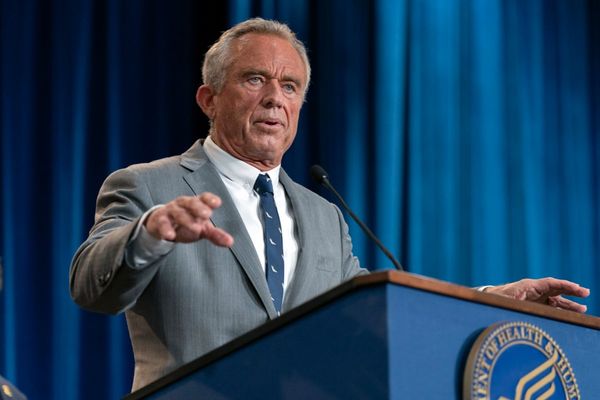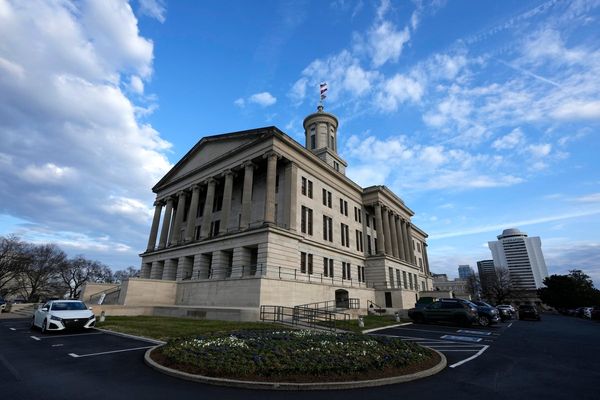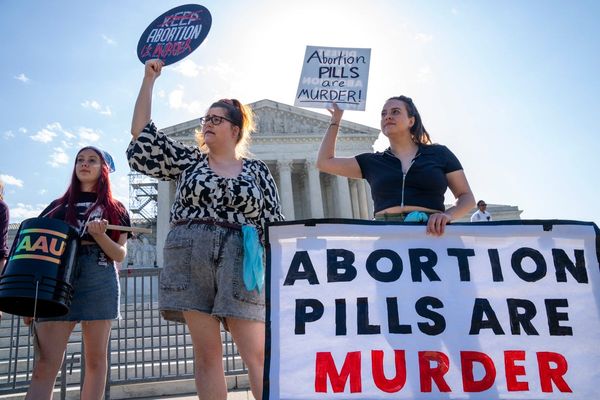A New York doctor has been indicted in Louisiana on felony charges for allegedly providing an abortion across state lines via mail. On January 31, a West Baton Rouge Parish grand jury unanimously indicted Margaret Carpenter, a family medicine physician, along with her prescribing practice and a Louisiana mother, for providing abortion-inducing drugs to the mother's underage daughter. This is the first case in which a doctor has been criminally charged for sending abortion-inducing drugs across state lines since the Supreme Court overturned Roe v. Wade in 2022.
Louisiana prosecutors allege the mother threatened to force her pregnant teen daughter out of their home unless she took the pills obtained from Carpenter. After ingesting the medicine, the minor called 911 and was transported to the hospital due to complications.
"She was a minor and…she was excited," said District Attorney Tony Clayton. "She had planned a reveal party. She wanted to have this baby."
Shortly after Carpenter's indictment, Democratic New York Gov. Kathy Hochul vowed not to comply with any extradition request to send Carpenter to Louisiana for prosecution. New York's shield law stipulates that courts and officials may not cooperate with states that try to prosecute providers who offer abortion via telemedicine. Hochul then signed a bill into law instituting additional protections that allow for the anonymization of prescribers of abortifacient drugs to avoid personal liability. During the bill signing, the governor proclaimed she would "never back down from this fight" over reproductive rights.
Louisiana Attorney General Liz Murrill, who is prosecuting the case, called Hochul "sick and barbaric" for "cheerleading for the alleged coerced abortion of a young girl," asserting that this case isn't about "reproductive health care" but about force.
Although Murrill is intent on holding individuals accountable for illegally sending abortion pills to Louisiana and "coercing another into having an abortion," neither Carpenter nor the mother have been charged with coerced abortion or any other crime involving coercion.
Louisiana's abortion ban, one of the strictest in the country, prohibits individuals from performing any abortion, regardless of gestational age and with no exceptions for rape or incest. Violations carry a sentence of one to 10 years, a $10,000 to $100,000 fine, or both. Under Louisiana law, pregnant women, including the minor in the case, are exempt from any prosecution for seeking or obtaining an abortion.
Carpenter and the mother, however, were not indicted under the abortion ban, but under a separate Louisiana law that criminalizes the delivering, dispensing, distributing, or providing a pregnant woman with an abortion-inducing drug and knowingly causing an abortion. (This method made up 63 percent of abortions nationwide in 2023.)
Depending on the circumstances, those convicted for abortion by means of an abortifacient drug could face anywhere between one to 50 years in prison, a $1,000 to $100,000 fine, or both.
Confusingly, Louisiana officials, including Republican Gov. Jeff Landry, have asserted "this case is about coercion. Plain and Simple." But the statute Carpenter and the mother have been indicted under has nothing to do with coercion. Rather, coerced abortion is a completely different crime in the Louisiana code and covers the use of or threatened use of force to compel a woman to undergo an abortion, including drug-induced abortion.
There is still another crime for coerced criminal abortion by means of fraud that specifically includes the use of abortifacient drugs on a pregnant woman without her knowledge or consent. Despite these options, prosecutors haven't made any amendment to include a charge of coercion against Carpenter or the mother.
Coerced and nonconsensual abortion are allegations that should be taken seriously by both sides of the abortion debate. Such an act is a crime whether or not abortion is illegal because it clearly violates the rights of the pregnant woman. If coercion is truly at the heart of this case, prosecutors should treat it that way by amending the indictment.
Instead of focusing on potential wrongs committed against the teenage daughter, Louisiana has chosen to pursue a legal showdown against New York's shield laws and double down on a drug prohibition scheme that is doomed to fail like other drug prohibition schemes that have come before it.
The post Louisiana's Puzzling Prosecution of a New York Abortion Doctor appeared first on Reason.com.










